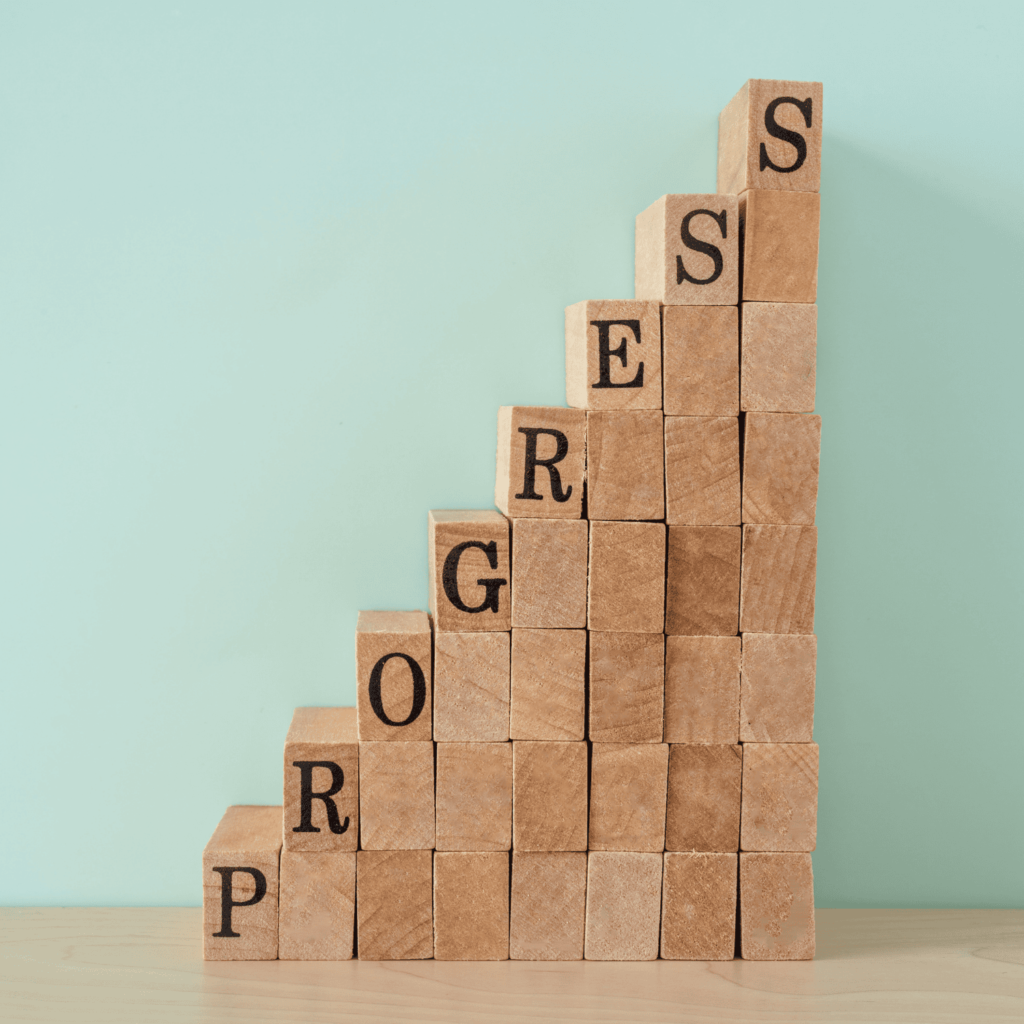
Setbacks are an undeniable part of life. Whether it’s a failed exam, a missed opportunity, or an unexpected detour, they often feel like barriers blocking the path to success. However, setbacks are not the end — they are opportunities in disguise.
When approached with the right mindset, challenges become building blocks that help us grow stronger, wiser, and more capable. Winston Churchill once said, “Success is not final, failure is not fatal: it is the courage to continue that counts.”
On this day, let’s discuss how to transform obstacles into opportunities for growth and personal success.
1. Recognize Setbacks as Turning Points

A setback is only as significant as you allow it to be. Rather than viewing it as a dead end, consider it a turning point — a moment that forces you to reassess, pivot, and discover new possibilities.
Ask yourself:
- What is this challenge teaching me?
- How can I adjust my approach to get closer to my goals?
Turning points often reveal hidden paths that you wouldn’t have discovered otherwise. Many successful people credit their greatest accomplishments to failures that redirected them. Take Steve Jobs, who was fired from his own company, only to return years later with revolutionary ideas that changed the world. He once said:
“I didn’t see it then, but being fired from Apple was the best thing that could have ever happened to me.”
Every setback is a turning point — a chance to uncover new strengths and opportunities.
2. Adopt an Explorer’s Mindset

Explorers don’t fear the unknown — they embrace it with curiosity. When faced with a setback, think of yourself as an explorer. Instead of focusing on what went wrong, ask, “What can I discover here?”
An explorer’s mindset shifts your perspective. Rather than viewing failure as a personal shortcoming, it becomes an experience full of lessons. You might uncover better strategies, unexpected skills, or new passions you never realized you had.
For example, if you experience a career setback, use it as an opportunity to explore alternative roles or develop new abilities. Curiosity transforms failure into an adventure of growth.
As Albert Einstein famously said: “Failure is success in progress.”
Approach challenges with curiosity, and you’ll find opportunities where others see defeat.
3. Replace Self-Doubt with Self-Compassion
Explorers don’t fear the unknown — they embrace it with curiosity. When faced with a setback, think of yourself as an explorer. Instead of focusing on what went wrong, ask, “What can I discover here?”
An explorer’s mindset shifts your perspective. Rather than viewing failure as a personal shortcoming, it becomes an experience full of lessons. You might uncover better strategies, unexpected skills, or new passions you never realized you had.

Research by Dr. Kristin Neff shows that self-compassion fosters resilience. It helps you bounce back faster and take constructive steps forward. Instead of harshly criticizing yourself, say:
- “I’m learning and improving through this process.”
- “It’s okay to make mistakes. What matters is how I respond.”
Self-compassion doesn’t mean ignoring mistakes; it means acknowledging them without judgment and focusing on growth. When you treat setbacks as part of being human, you free yourself to move forward with confidence.
4. Extract Actionable Insights from the Experience

Every setback carries valuable lessons, but they often go unnoticed unless we intentionally look for them. After encountering a challenge, reflect on the experience and identify the insights you can use to improve.
Ask yourself:
- What factors led to this outcome?
- What could I have done differently?
- What strengths can I draw on to move forward?
For instance, if you struggled with a personal habit, like staying consistent with healthy eating, look closely at what triggered the setback. Was it a lack of planning? Emotional stress? Pinpoint the issue and identify specific actions to overcome it in the future.
Reflection transforms setbacks into learning experiences. Instead of dwelling on the problem, focus on actionable solutions that bring progress.
5. Focus on Progress, Not Perfection

Perfectionism magnifies setbacks, making even minor challenges feel like colossal failures. Instead of aiming for flawless results, focus on steady progress. Progress, no matter how small, is still movement in the right direction.
A small shift in perspective can make a world of difference. If your goal was to study for 3 hours but you only managed 30 minutes, don’t dismiss the effort entirely. Acknowledge the progress you made and aim to build on it.
As motivational speaker Zig Ziglar said, “You don’t have to be great to start, but you have to start to be great.”
Forward momentum matters more than perfection. Focus on consistent effort, and progress will follow.
6. Cultivate Mental Toughness

Mental toughness is the ability to remain strong and focused despite adversity. It’s not about being unaffected by challenges but about responding with courage and determination. Building mental toughness starts with small habits:
- Reframe negative thoughts: When you think, “I can’t do this,” replace it with, “This is hard, but I can figure it out.”
- Set realistic expectations: Accept that challenges are part of growth, not roadblocks.
- Develop emotional discipline: Instead of reacting impulsively to setbacks, take a moment to pause, reflect, and respond intentionally.
Athletes, entrepreneurs, and leaders all rely on mental toughness to thrive. When setbacks arise, strengthen your mindset by reminding yourself of past triumphs and your ability to overcome challenges.
7. Channel Energy into What You Can Control

Setbacks often feel overwhelming because they involve factors outside our control. While you can’t control every circumstance, you can control your response. Shift your focus to the actions, habits, and attitudes within your power.
If you lost an opportunity, channel your energy into sharpening your skills or exploring alternatives. If a relationship setback occurs, focus on improving yourself and nurturing other areas of life. By acting on what you can control, you reclaim your power and momentum.
As the Stoic philosopher Epictetus said, “It’s not what happens to you, but how you react to it that matters.”
8. Use Setbacks as Fuel for Motivation

Setbacks can be powerful motivators when approached with the right mindset. Instead of letting disappointment drain your energy, channel it into renewed determination.
Think of setbacks as reminders that you are on a journey. Every great achievement comes with challenges along the way. Use your setbacks as fuel to prove to yourself that you are capable of overcoming obstacles and reaching your goals.
Michael Jordan, one of the greatest athletes of all time, credited his failures for his success:
“I’ve missed more than 9,000 shots in my career. I’ve lost almost 300 games. I’ve been trusted to take the game-winning shot and missed. I’ve failed over and over again in my life. And that is why I succeed.”
Let every challenge light a fire within you to keep going, keep growing, and keep striving for success.
Setbacks are not signs of failure; they are opportunities to pause, learn, and recalibrate. With the right mindset, every challenge becomes a stepping stone that brings you closer to your goals.
On this day, commit to seeing setbacks for what they truly are — chances to grow, redirect, and build something even stronger. As you face life’s obstacles, remember these words from author John C. Maxwell:

You are stronger than any setback. Turn today’s challenges into tomorrow’s victories.





